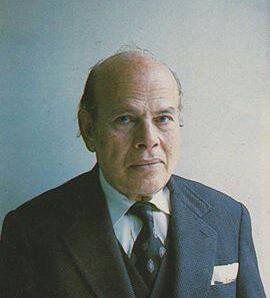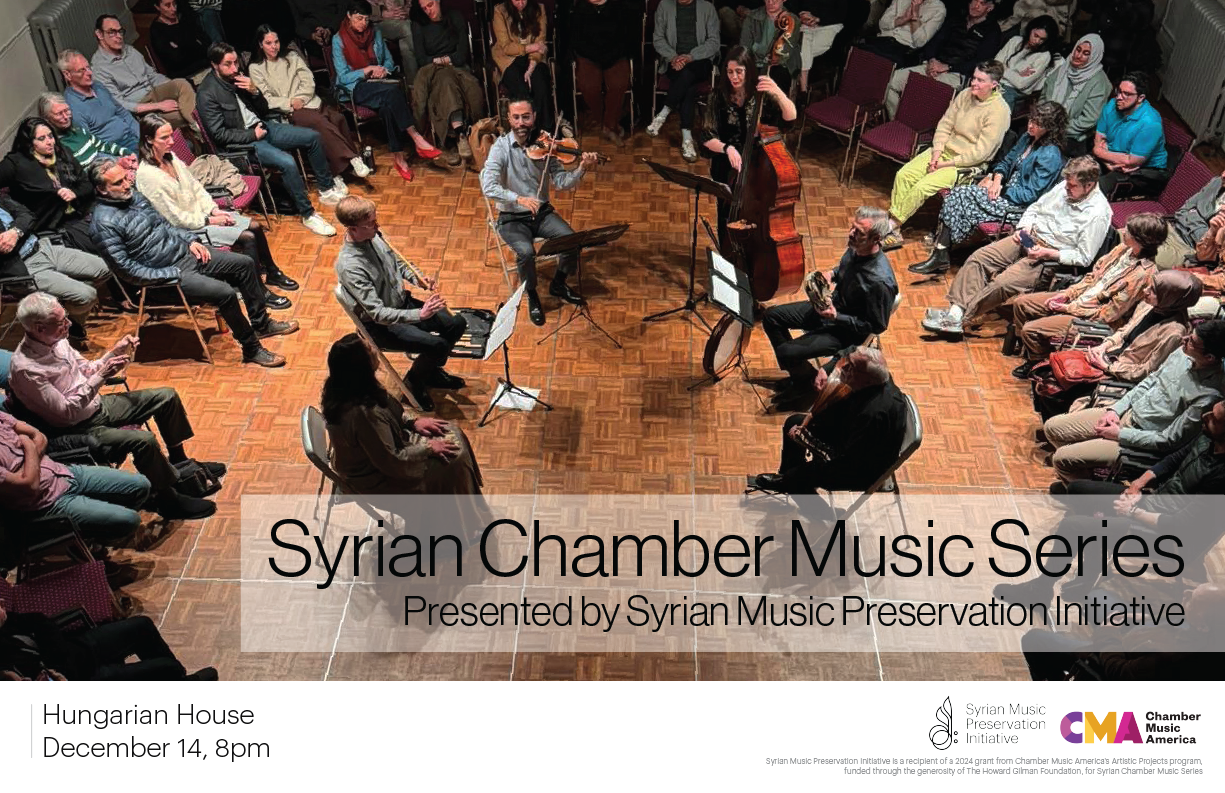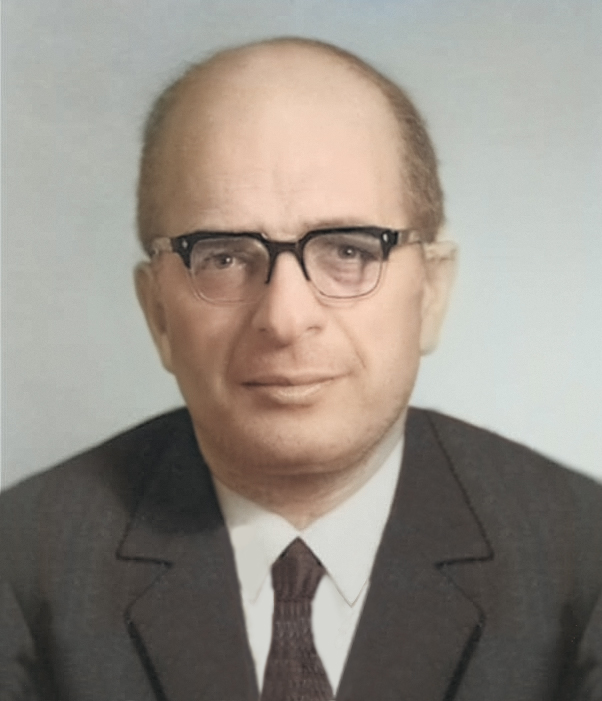
Mahmoud Ajjan
1916–2006, Latakia
Mahmoud Ajjan is a remarkable scholar, oudist, violinist, and composer, largely self-taught through his extensive study and practice. He began composing at the age of 15 and continued throughout his life, becoming one of Syria’s hidden musical gems.
In 1945, he founded the Musical Club of Latakia, which became a vital institution for musical education in the region. This initiative helped many young musicians pursue their dreams professionally. In 1957, Ajjan represented Syria at the 6th World Festival of Youth and Students in Moscow, where he performed one of his compositions for violin in honor of the esteemed Arab poet and philosopher Abu al-’Alaa al-Ma’arri (973-1057). His performance received widespread acclaim, leading to an honor at the Moscow Institute of Oriental Studies.
Upon returning to Syria, Ajjan was recognized by the Syrian Ministry of Culture, receiving awards in 1959 and again in 1969. Beyond performing, composing, and teaching, he dedicated himself to research, archiving, and transcribing numerous Adwar (the plural of Dawr) and Muwashahat. He published two significant books: Study of the Dawr (1990) and Leil & ‘Ayn in Music and Poetry Traditions (2001).
Although not widely known outside his region, Ajjan's profound impact on music composition, musicology, and his students remains significant, solidifying his legacy in Syrian cultural history.


